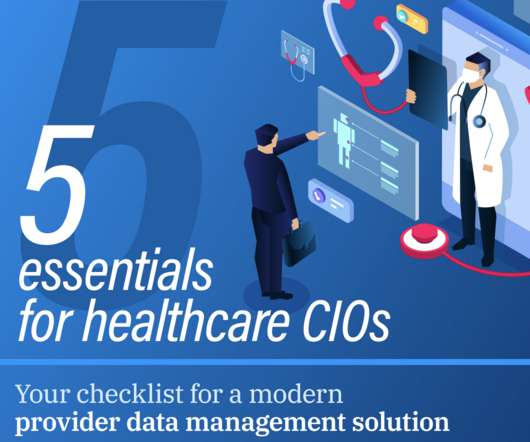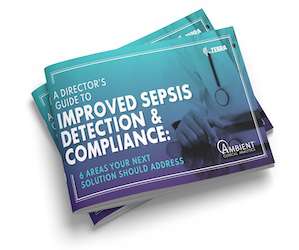Loneliness Is A Health Risk, Especially Among Older People
Health Populi
MARCH 4, 2019
In America, one in three people over 50 years of age feels a lack of companionship, and one-fourth feel isolated from other people, according to a new poll on loneliness and aging from the University of Michigan, sponsored by AARP. The University of Michigan National Poll on Healthy Aging surveyed some 2,000 U.S. adults age 50–80 in October 2018, assessing older peoples’ health, health behaviors, experiences and feelings related to companionship and social isolation.



































Let's personalize your content